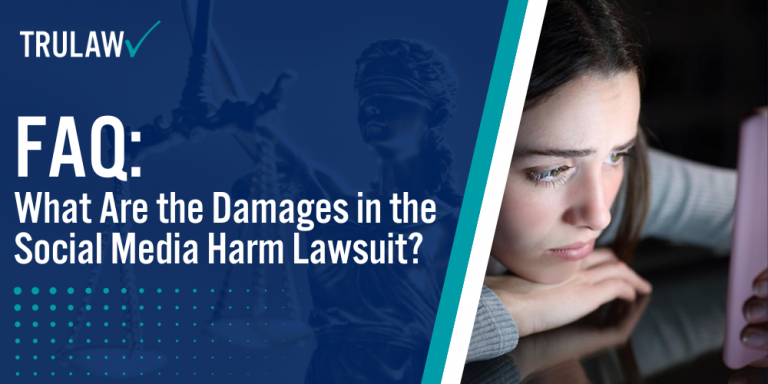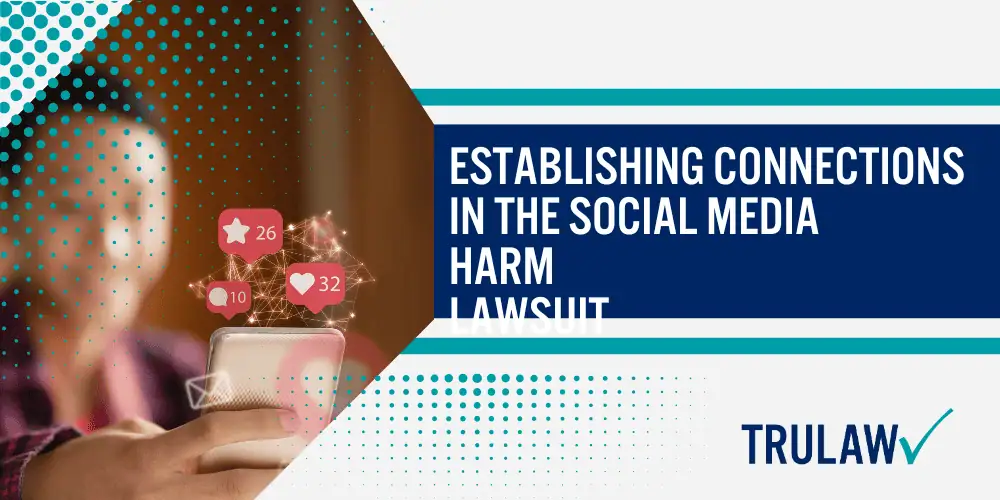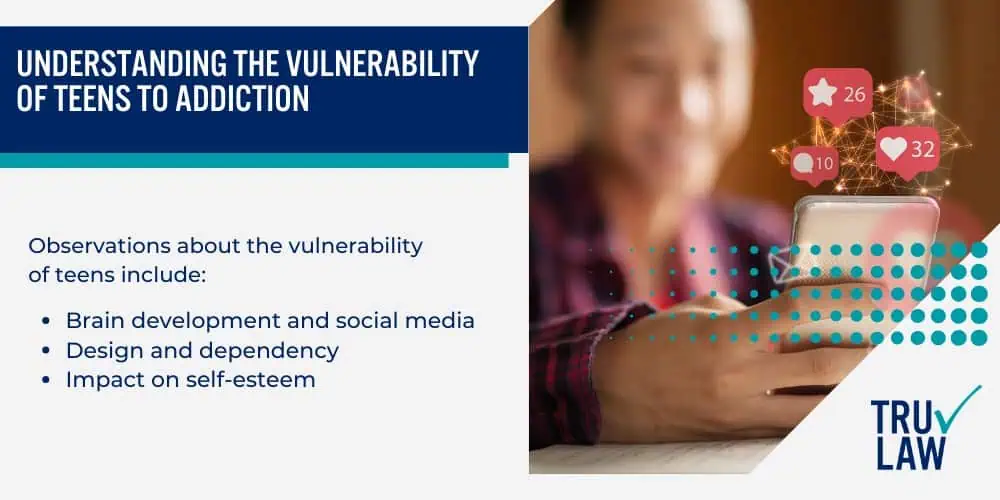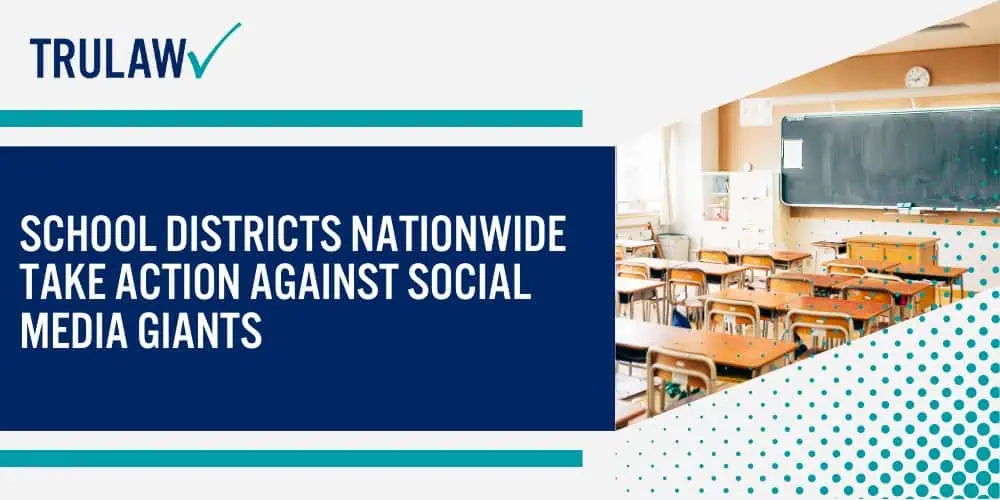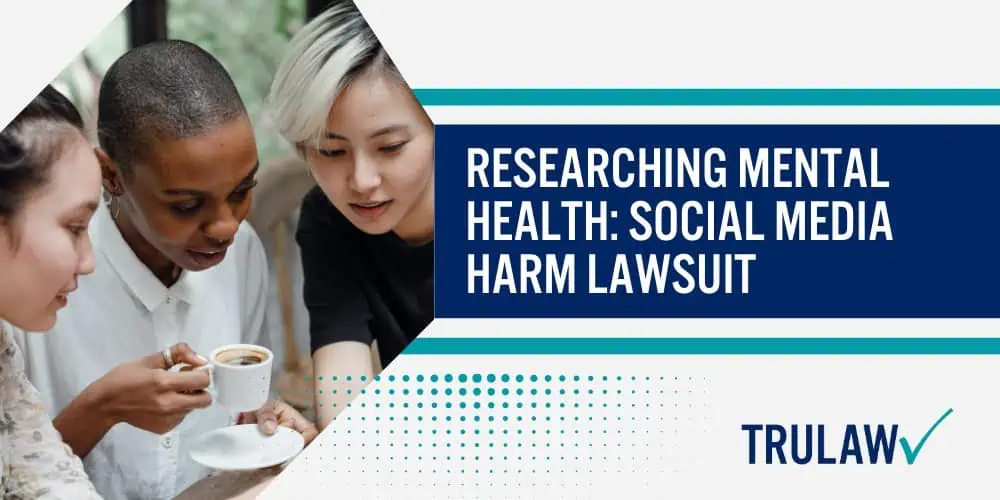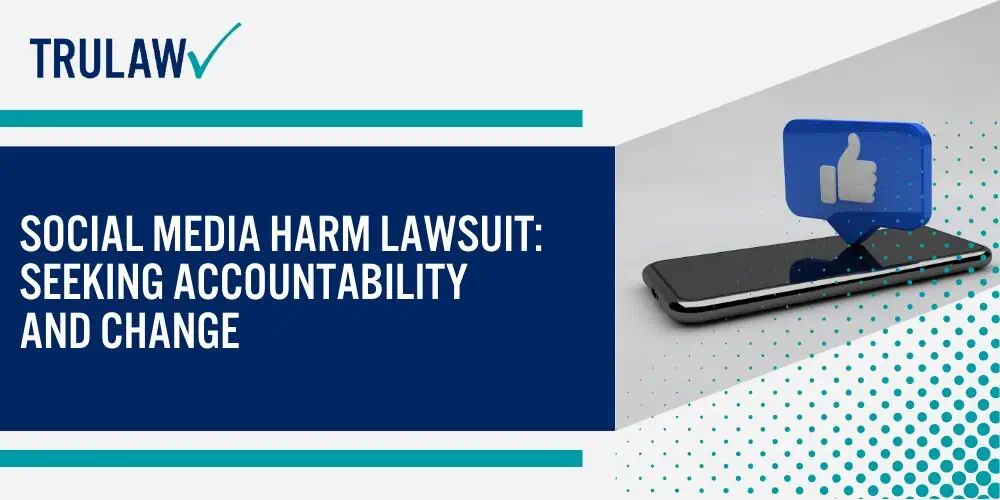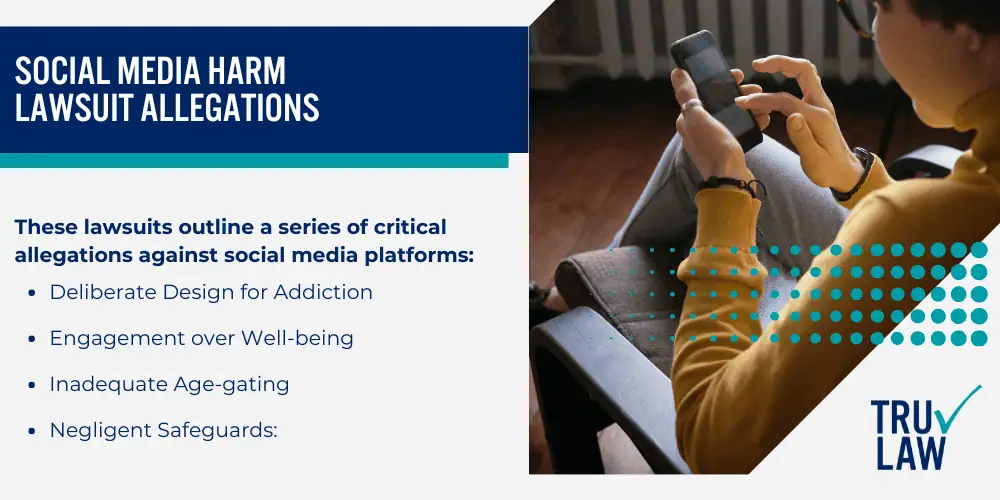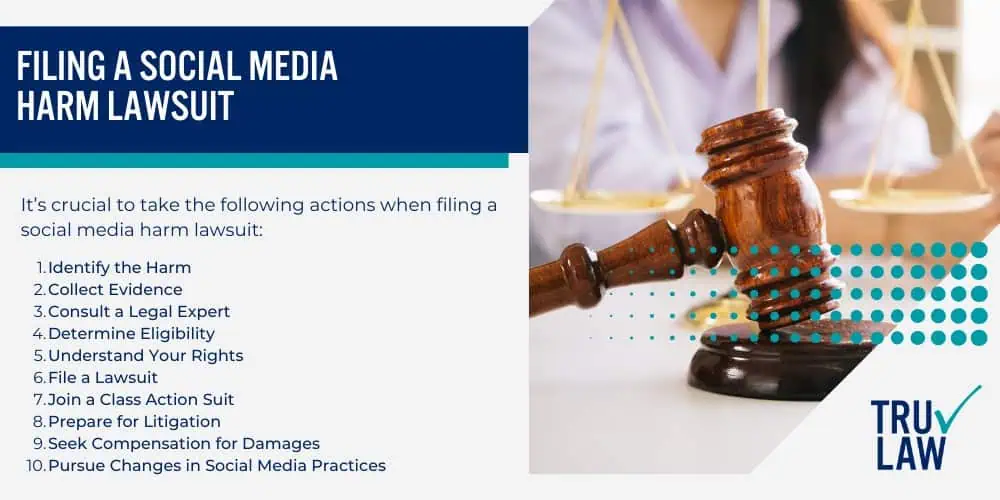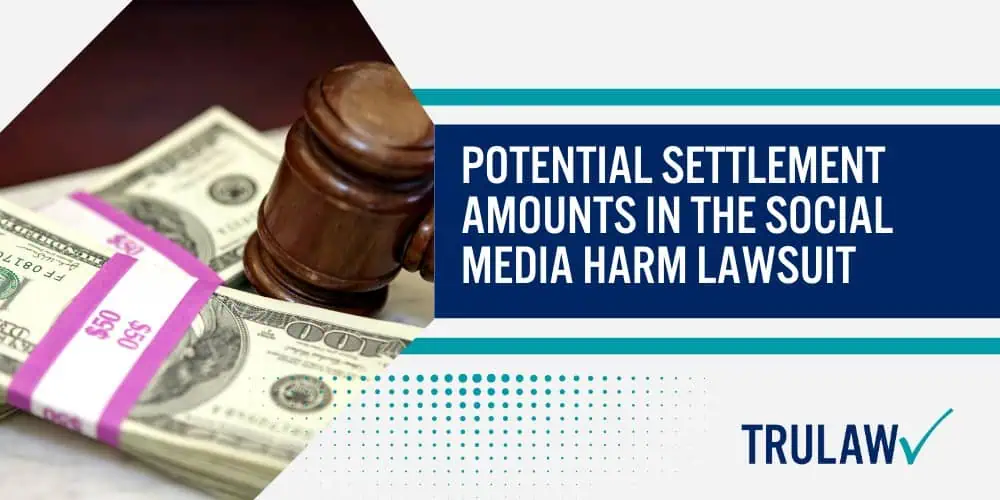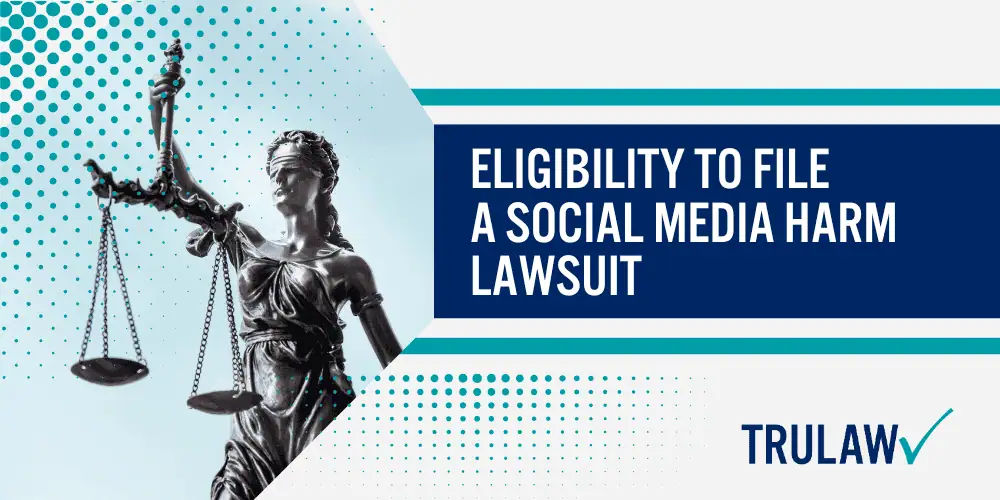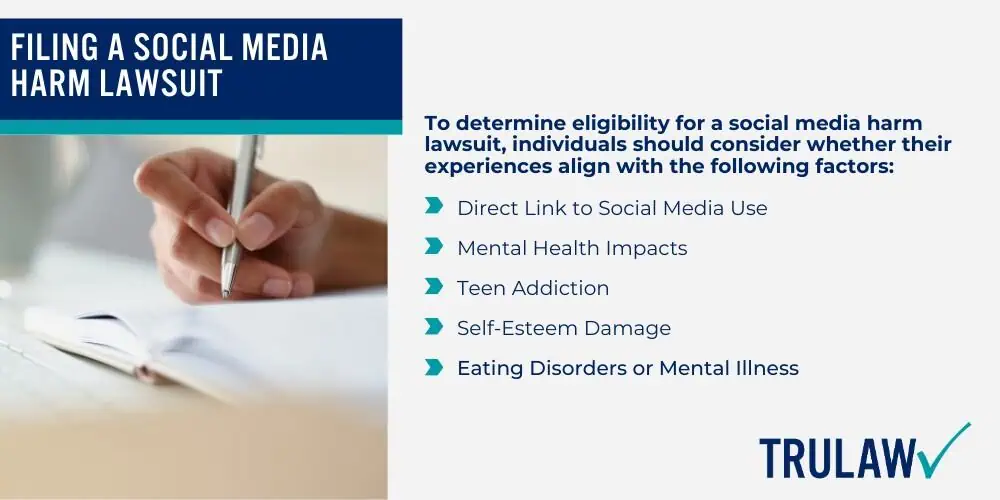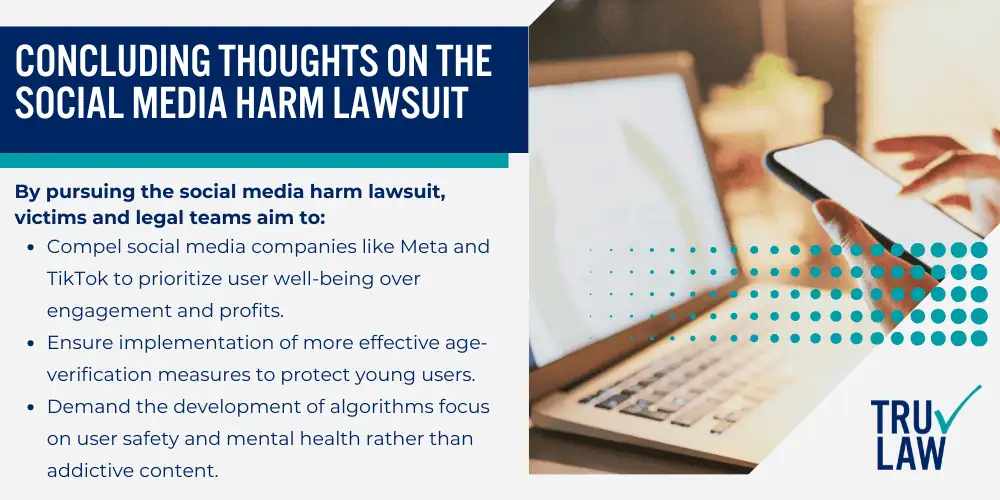The social media harm lawsuit encompasses a significant legal challenge against major social media platforms.
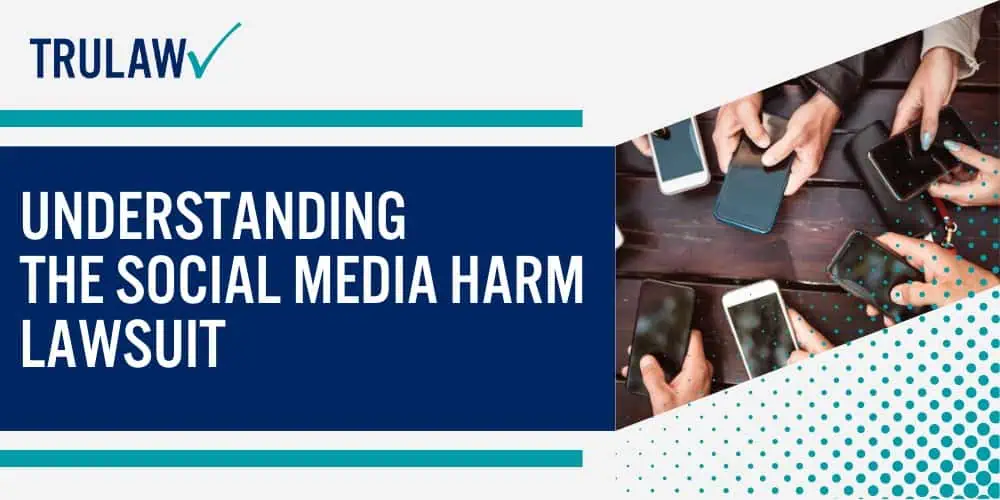
These platforms are being accused of contributing to mental health issues among youth, primarily focusing on problems like addiction, self-harm, and emotional distress due to the nature of the content and design of these networks.
Social Media Harm Lawsuit: Analyzing Official Court Records
A deeper examination of the official court records related to the Social Media Harm Lawsuit reveals a more comprehensive narrative.
These records show that Meta Platforms, Inc., formerly known as Facebook Inc., is a primary target in these lawsuits for their alleged contribution to emotional harm in young users.
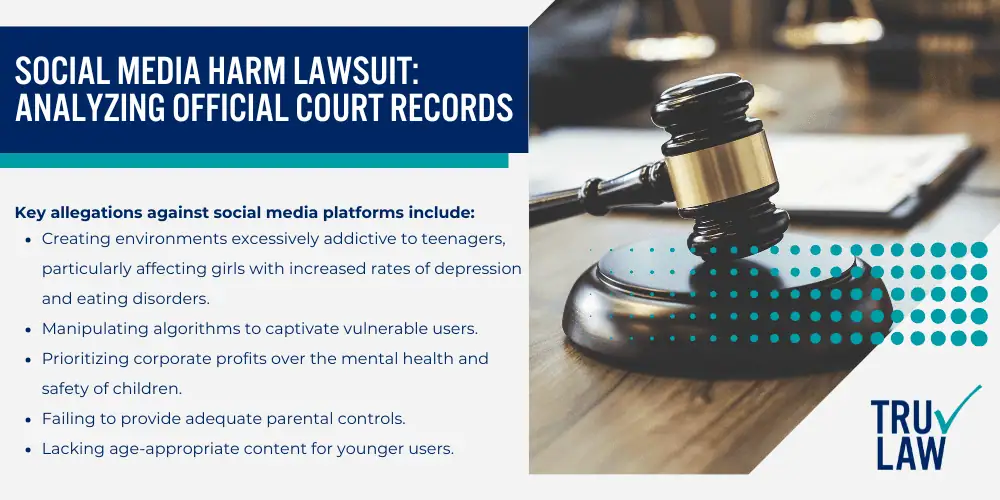
Key allegations against social media platforms include:
- Creating environments excessively addictive to teenagers, particularly affecting girls with increased rates of depression and eating disorders.
- Manipulating algorithms to captivate vulnerable users.
- Prioritizing corporate profits over the mental health and safety of children.
- Failing to provide adequate parental controls.
- Lacking age-appropriate content for younger users.
The evidence suggests that these companies recognized the risks posed to young people, yet their actions or lack thereof have failed to mitigate these concerns sufficiently.
Latest Updates in the Social Media Harm Lawsuit
Currently, courts are processing multiple claims against social media giants like Instagram and Facebook.
These claims are pioneering in their approach, shedding light on the severe impact of social media on minors.
Parents have come forward with compelling evidence showing the detrimental effects of social media apps on their children’s well-being.
One case that stands out involves a young girl who developed a social media addiction at the age of 11, with Instagram being a significant influence on her mental health.
This case and others like it highlight the potential of these platforms to lead young users toward destructive behavior and mental health disorders.
The growing number of lawsuits raises crucial questions about tech companies’ responsibility to provide safe, age-appropriate experiences for younger users.
